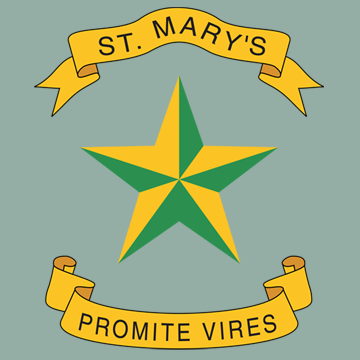Memories
A Journey into Nostalgia
In November 1913, when the number of days before going home was getting delightfully low, the Headmaster sent for a nine year old student, and gave him the exciting news that he was to set off for Bombay next day, and with his parents he was sailing for New Zealand on the Saturday.
I was that small boy, and my recollections of Mt. Abu have remained vivid throughout the years that followed—a honeycombed hill along the old back road, where swallows and martins nested; the lake behind the rifle range, which is much shallower now; the escarpment overlooking the plains; the ripe currawandas beyond the cud in front of the School; the outrageous habit of nearly drowning squirrels on the theory that the saving of them, and then the subsequent drying and feeding of them engendered a feeling of thankfulness which made them loyal pets. All these thoughts remained with me. In fact they served to make me a field naturalist for the rest of my life.
The desire to return was born, and all the happenings of a lifetime did not prevent it from developing. Mt. Abu was my OLD SCHOOL—it represented a happy period in my formative years. I can see now as I write, the knee-high balsam, and the caterpillars that commonly fed on this plant. I can recall eating on of Bonthu the Baker’s loaves, stuffing it with a roll of butter (saved from the table) and a tin of herrings in tomato sauce. I wonder if I could survive it now. I think not.
At the end of 1968 I announced to my family that “the time had come.” Against an outcry from friends and relations I stood firm—“No one can go back that long”—“Nostalgic journeys are doomed”—With all the best intentions they applied the pressures, and I found to my regret that my wife, a New Zealander, was more anxious that our elder daughter should have the trip than come herself. After all she had no nostalgic urges about India, and particularly Mt. Abu, and on the other hand my daughter was ready, willing and able to represent her!
So the day arrived when plans had to be made. A letter to the Principal, the Rev. Brother Keane, had quickly brought a kindly reply—the freedom of the School was ours.
My daughter Pat and I left in early January last, and after a few days in Bombay, came up by train. But not to Baroda where the Bombay Baroda & Central India Railway used to hand us over to the Rajputana Malwar Railway. Now the change was Ahmedabad. But it mattered little. I felt quite at ease in the midst of the multi-racial noises—if only we had understood one of the languages! But Indians are the most courteous people on earth, everybody helped to get two strange Australians to their destination. A Rajput taxi-driver at Abu Road packed our luggage aboard, and set off at maximum speed. He drove well, but when he took both hands off the wheel to pay homage to a shrine, only my daughter was sure we were to survive.
“Plummy” hadn’t changed, and I noticed evidences of some of the horse changes in the tonga days of my boyhood. Eighteen miles at a near gallop, and two minutes at each of eight changes for fresh horses!
The School has been well looked after: the additions are superb, and as an old boy, to use an Australian expression “I dips my lid” to the men who have controlled it down the years.
Brother Foran took us everywhere. He even showed me the door near my bed in the dormitory, which led into the Matron’s rooms, where one night a panther came in and sharpened its claws. His courtesies and his interest is something we will never forget. In fact, he made possible that rare happening in life—A Successful Journey into Nostalgia.
A G Otto
